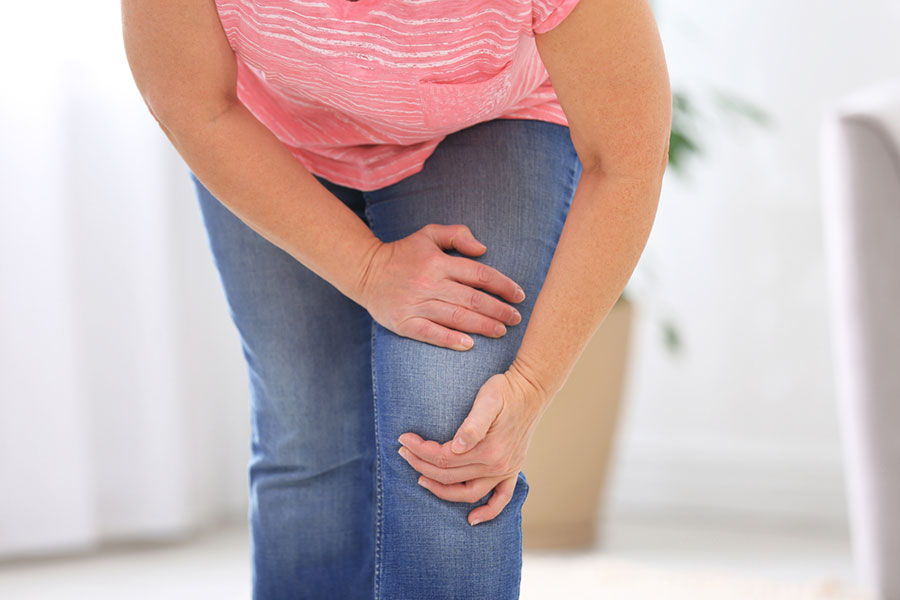Collagen is a protein that is essential for maintaining the health and strength of various tissues in the body, including bones, skin, and cartilage. Cartilage is a connective tissue that covers the surface of bones, providing a smooth surface for the bones to move against each other in joints. With age, the body’s production of collagen decreases, leading to a decline in joint health and mobility. In this article, we will explore how collagen supplementation can help reduce joint pain and improve mobility.
Collagen and Joint Health
As we age, the collagen in our joints begins to break down, leading to a reduction in cartilage thickness and an increase in joint stiffness and pain. Collagen supplementation can help support the health of joints by promoting the growth of new cartilage and reducing inflammation in the joints.
A study published in the International Journal of Medical Sciences found that collagen supplementation improved joint pain and mobility in individuals with osteoarthritis (OA). OA is a degenerative joint disease that causes pain and stiffness in the joints, particularly in the knees and hips. The study found that taking collagen supplements for six months improved joint pain and mobility in individuals with OA compared to a placebo group.


Another study published in the Journal of Agricultural and Food Chemistry found that collagen supplementation reduced inflammation and joint pain in rats with induced arthritis. The study found that collagen supplementation reduced the levels of pro-inflammatory cytokines in the rats’ joints, which are molecules that play a key role in the development of arthritis.
Collagen and Exercise Collagen is also important for maintaining the health of muscles, tendons, and ligaments, which play a key role in joint mobility. Collagen supplementation can help improve exercise performance and reduce the risk of injury by supporting the health of these tissues.
A study published in the Journal of the International Society of Sports Nutrition found that collagen supplementation improved joint pain and mobility in athletes with joint pain. The study found that taking collagen supplements for 24 weeks improved joint pain and mobility in athletes compared to a placebo group.
Collagen and Bone Health Collagen is also essential for maintaining the health and strength of bones. Bones are made up of collagen fibers that provide the structure and support for bone tissue. With age, the production of collagen in bones decreases, leading to a decline in bone density and an increased risk of fractures.
A study published in the Journal of Bone and Mineral Research found that collagen supplementation improved bone density and strength in postmenopausal women with osteopenia. Osteopenia is a condition in which bone density is lower than normal, but not low enough to be classified as osteoporosis. The study found that taking collagen supplements for 12 months improved bone density and strength in postmenopausal women compared to a placebo group.

In conclusion, collagen supplementation can help reduce joint pain and improve mobility by promoting the growth of new cartilage, reducing inflammation in the joints, and supporting the health of muscles, tendons, and ligaments. Collagen supplements can also improve bone density and strength, reducing the risk of fractures.
If you are experiencing joint pain or mobility issues, collagen supplementation may be a useful addition to your daily routine. For more information on Collagen Refresh™ by WellMe, go here: https://wellme.com/shop/collagenrefresh/








